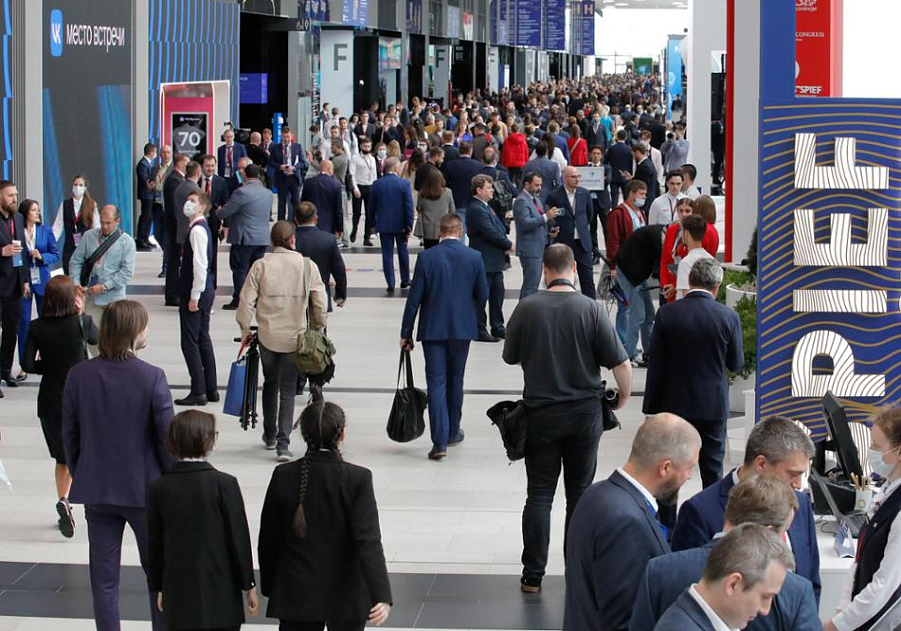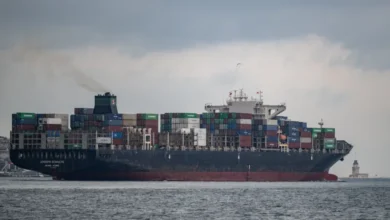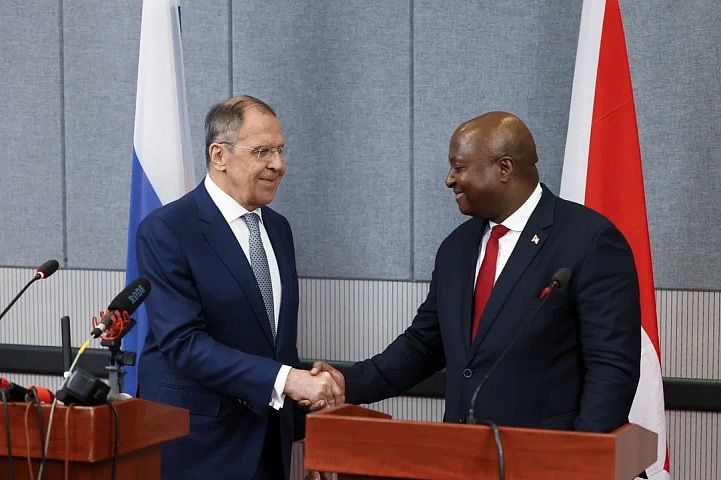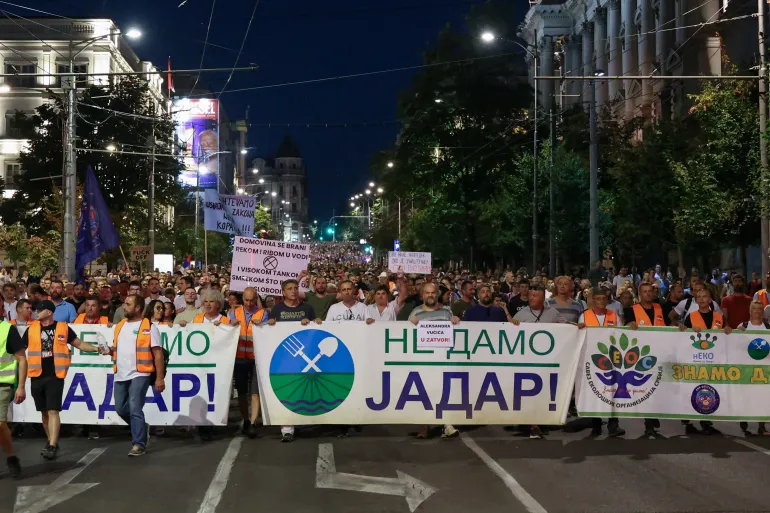Insights into SPIEF-2024: Shifting Pathways towards Global South

Conceptually, the idea of holding every year an international economic forum is unique to explore and navigate potential opportunities generally for development and specifically for investment and trade. Established several years ago, the St. Petersburg International Economic Forum (SPIEF) has earned its unique achievements through organisational strategy and consistent approach toward this serious gathering.
While analysing several emerging reports, first and foremost it offers us to understand the significance of this platform. It provides a unique opportunity for politicians, investors and corporate business executives as well as the young generation to interactive network and ask questions to opinion leaders or trade experts, and to get better acquainted with the changing trends, investment climate adherence to traditional values, and adapting to diversities in business culture on the global landscape.
At the initial formative stages, SPIEF’s focus was largely on the United States and Europe as conceptualized, the nucleus results must be harmonizing trade and financial flows, and reflect on economic growth. After the Soviet crumbled and what else, the rising frequency of shuttling to United States and Europe – Russia’s dream of becoming part of Europe. But that has changed during this past few years primarily due to the ‘special military operation’ in Ukraine and due to the sudden geopolitical shift, the urge to move away from Global North to Global South.
Without mincing words here, that’s is the undeniable reality.
President of the Russian Federation Vladimir Putin posted a greeting on his official website to the participants, organizers and guests underscored this fact that the time has arrived to make the necessary departure away from United states and Europe, and that “Russia is open to constructive dialogue and interaction with friendly partners” and strictly based on the principles of true equality, the consideration of each other’s legitimate interests, and respect for the cultural and civilizational diversity of states and peoples.
Putin has previously used his address to share his assessment of the global economy and highlight issues on the domestic business agenda. His pointed to the fact that it is not only essential to maintain a stable trajectory of qualitative growth, but also to capitalize on emerging opportunities, effectively develop the competitive advantages, and boost potential in the fields of science and technology. Given this, it is crucial to preserve and strengthen business and investment ties between countries within the context of multipolar conditions.
The fact still remains that Putin’s position overwhelmingly reflects the shift away from post-Soviet dream of becoming part of prestigious Europe. As evolving developments show, the only alternative left for Russia is to become indivisible part of Asia, an integral constituent of the Global South. Russian has invited Asian and African countries under the tagline: ‘The Foundation of New Areas of Growthas the Cornerstone of a Multipolar World’ at the 27th gathering June 6 to 8 in St. Petersburg, the second largest city in the Russian Federation.
In accordance with Russia’s BRICS chairmanship, much of the business programme are devoted to issues related to long-term cooperation in spheres such as the financial and banking sectors, investment and trade, development of high technologies and pharmaceutical industry between BRICS members. China and India, United Arab Emirates and Iran are prominent on the agenda. Ethiopia, Egypt and South Africa have their own individual positions and expectations from SPIEF.
Currently, due to global rivalries combined with political and economic tensions, Russia faces new ambitious tasks, including perceptions over the development of ‘public-private partnership’ as the macroeconomic situation remains the practical key mechanism of interaction between the state and business. Here, Russia is relatively lost in standard practice of private businesses, after its century-long under socialism and communism. In an assessment, corporate business are still centrally-controlled under the ministries and in the Kremlin. The learning process
of analytical and importance of ‘public-private partnership’ for now is just a daily business slogan and a theory being frequently chuckled in the Russian Federation.
The biggest obstacle is related to the analysis of legal rules and regulations, and now Russia’s relations with the Global South, its own characteristic efforts in creating the necessary conditions for advancing and attracting investments and promoting trade between Russia and potential countries in Asia-Pacific and Africa.
Beyond business networking and participating in practical seminars and masterclasses, ultimately results in signing agreements. On the other hand, according to the expert analysts, multiple agreements highlight distinctive
achievements by the St. Petersburg International Economic Forum.
“Stability and justice in a multipolar world are only possible if new centres of influence emerge, capable of offering their own view on world problems and participating in the formation of a new world order. The development of newpoints of growth requires the active participation of different countries and regions that are ready to take responsibility for their future. The St. Petersburg International Economic Forum creates opportunities for discussions at the highest level, scaling ideas, solutions and initiatives to all spheres of social life and activities of the countries participating in its work,” said Anton Kobyakov, Adviser to the President of the Russian Federation, Executive Secretary of the SPIEF Organizing Committee.
According to Anton Kobyakov, about “6,000 people from more than 110 countries and territories have already confirmed their intention to participate in the forum. The international cooperation that occurs at SPIEF plays a key role in the development of mutually beneficial relations between countries and organizations. Participants share their experience and make new connections. This builds trust between nations, expands markets, attracts investment, and creates a more favourable international economic environment. SPIEF is a platform for
structured, focused dialogue between global business participants and government officials who contribute to the development of effective international cooperation.”
The programme consists of four (4) thematic tracks: “The Transition to a Multipolar World Economy”, “Goals and Objectives of Russia’s New Economic Cycle”, “Technologies for Leadership”, “A Healthy Society, Traditional Values and Social Development: The Priority of the State”. Roscongress Foundation, the organizer, has listed international track which includes more than 10 business dialogues: EAEU–ASEAN, Russia–Africa, Russia–Latin America, Russia–China, Russia– South Africa, and other bilateral meetings.
More than 6,000 representatives of Russian and foreign businesses from over 3,000 companies located in 75 countries and territories took part in SPIEF 2023. More than 900 agreements worth a total of RUB 3,860 billion were signed (including 43 agreements with representatives of foreign companies, among them two with Italy and Spain.
That compared with above, the SPIEF 2021 saw an unprecedented 890 agreements signed, eclipsing 2019’s 745 agreements worth a total of RUB 3.271 trillion. In addition, more than 150 international agreements were signed. That year, the total value of signed agreements not classed as confidential exceeded RUB 4.2666 trillion. Before Covid-19 was declared as pandemic in December, the SPIEF 2019 recorded 745 agreements signed totalling 3.271 trillion rubles.
The main theme of this year’s forum is “The Formation of New Areas of Growth as the Cornerstone of a Multipolar World” and the SPIEF 2024, as always, the business programme includes panel discussions, round tables, public talks, and speeches. President Vladimir Putin delivers the keynote address full of all directions, including establishing trends and external economic relations. The St. Petersburg International Economic Forum will be held on 5–8 June at the ExpoForum Convention and Exhibition Centre.
Source: Thepressradio.com|Kestér Kenn Klomegâh





